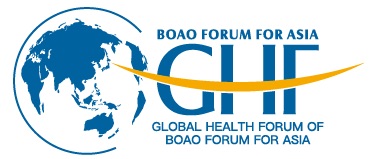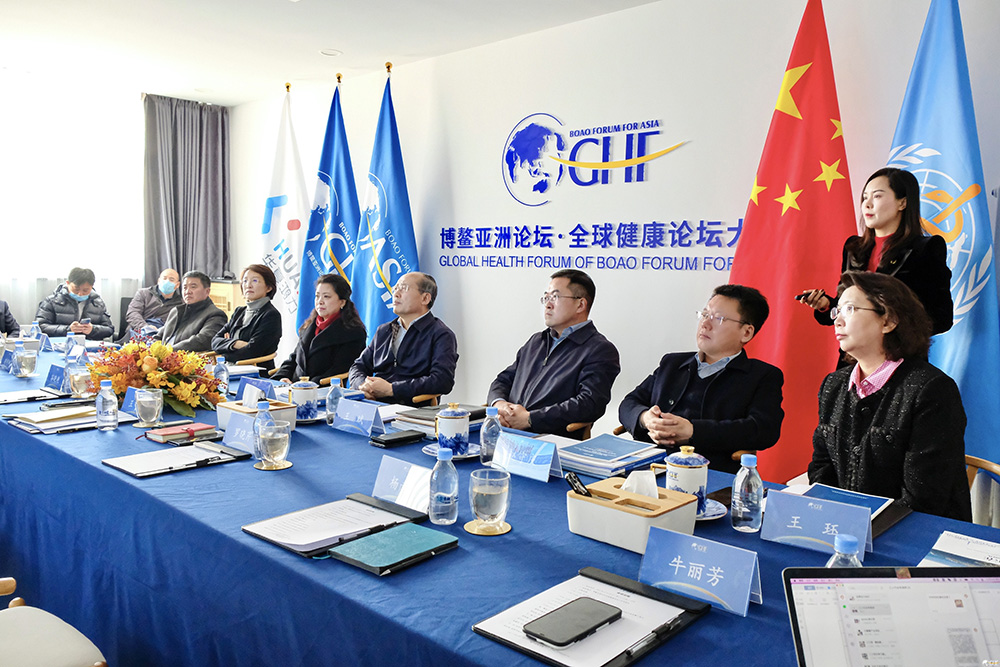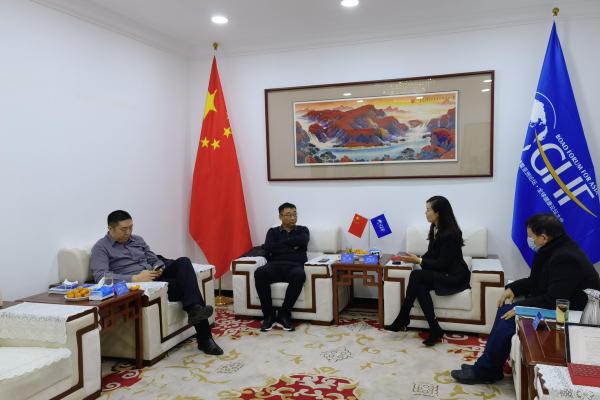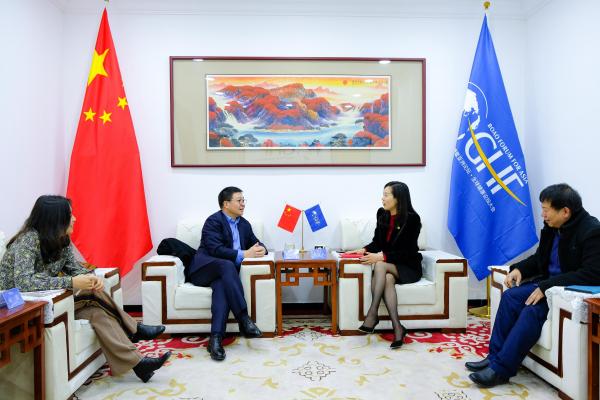


Boao Forum for Asia (BFA), in collaboration with the Fondation Prospective et Innovation (Foundation Prospective and Innovation) of France and the Atlantic Council of the United States, held a seminar on international cooperation in artificial intelligence from September 16 to 17, 2019 in Paris, France.
Chairman of BFA, Jean-Pierre Raffarin, member of BFA Council of Advisors and former Prime Minister of France, and Matt Chessen, Senior Science and Technology Adviser to the Secretary of State of the US, spoke at the opening ceremony. Representatives from the political, business and academic communities in China, the US and Europe explored two topics: “AI and the future world: from the perspectives of China, the US and Europe” and “International cooperation on AI: advice for the governments”.
Zhou Xiaochuan said that the rapid development of AI technology in recent years has had a tremendous impact on all aspects of the human society including employment and income distribution, which inevitably asks for responses from public policies. The international community should work together to stipulate public policies that manage AI accountably, and to promote the sustainable and innovative development of our economy. We should call for intellectual cooperation and financial input globally, utilizing the complementary strengths of different countries on AI. We should always follow the human-centered approach. AI is developed not to replace humans, but to better serve mankind. We should emphasize shared responsibility and joint management. Every country has the duty to participate in AI governance, and no country should be excluded from this process.
Li said that with the advent of the Fourth Industrial Revolution driven by AI and big data, a new round of technological revolution and industrial transformation have profound impact on our mode of production, way of live, and values. Stakeholders in the international community should strengthen dialogue and cooperation to steer the revolution and transformation in the right direction. More efforts are needed to balance AI development and AI governance with a view to facilitating formulation of international AI governance frameworks and standards based on broad consensus.
Raffarin said that as AI evolves rapidly today, the international community should enhance governance to ensure that AI technology is conducive to world peace. The AI governance rules should be universally applicable. Although some stakeholders have developed relevant rules so far, we still need to strengthen coordination and communication. Currently, faced with the challenges posed by unilateralism, the international community should champion multilateralism and develop a new approach to international cooperation on AI.
Representatives said that AI is profoundly changing the landscape of global economic and social development. Given that China, the US, the EU, the OECD and other parties have all put in place relevant rules and regulations for the development of AI, they should further strengthen discussions to ensure that AI is reliable, safe and conducive to world peace and human well-being. With regard to the challenges in strengthening international cooperation on AI, the representatives also frankly exchanged views and enhanced mutual understanding. They believed that this seminar can help China, the US, and Europe know more about their own AI policies, and enable stronger international cooperation on AI.



 News
News
 Partner application
Partner application Download
Download Hot News
Hot News









